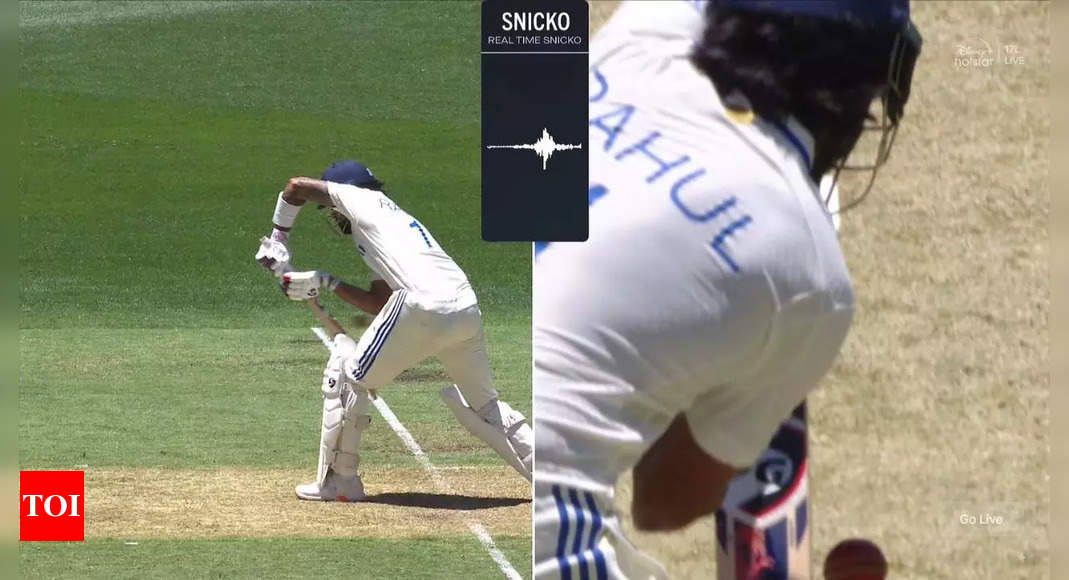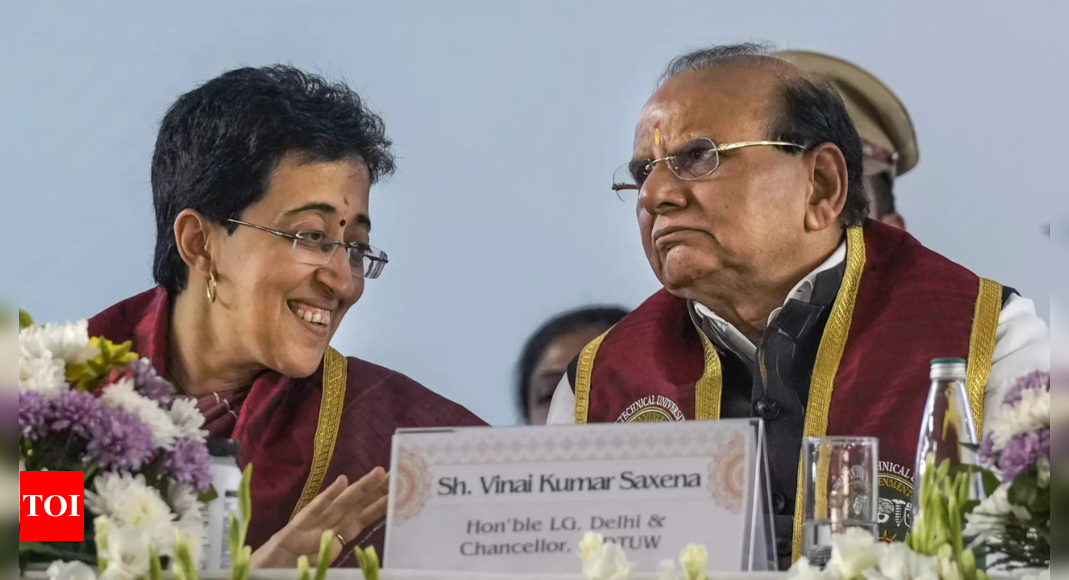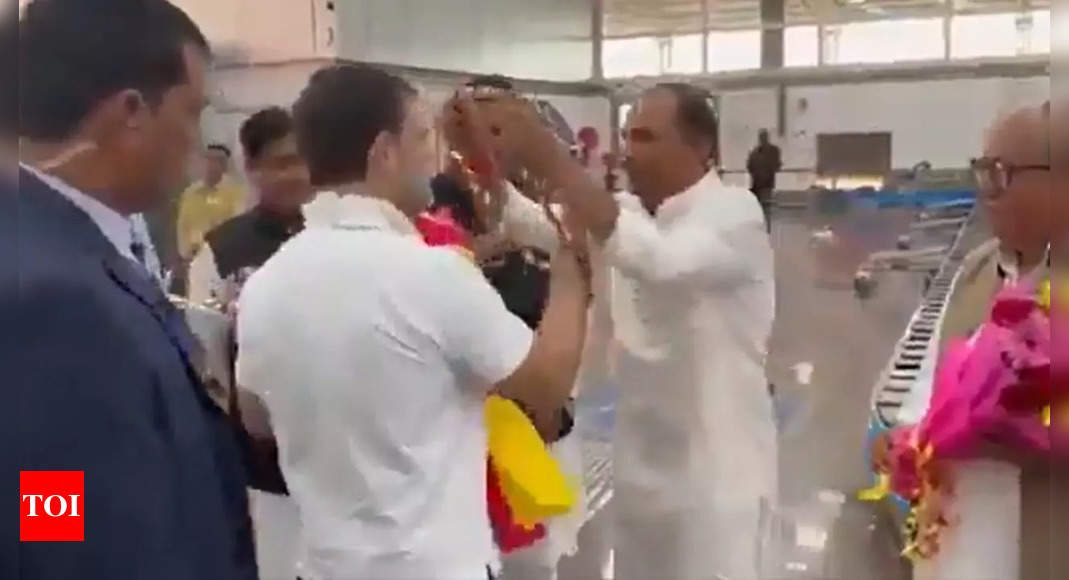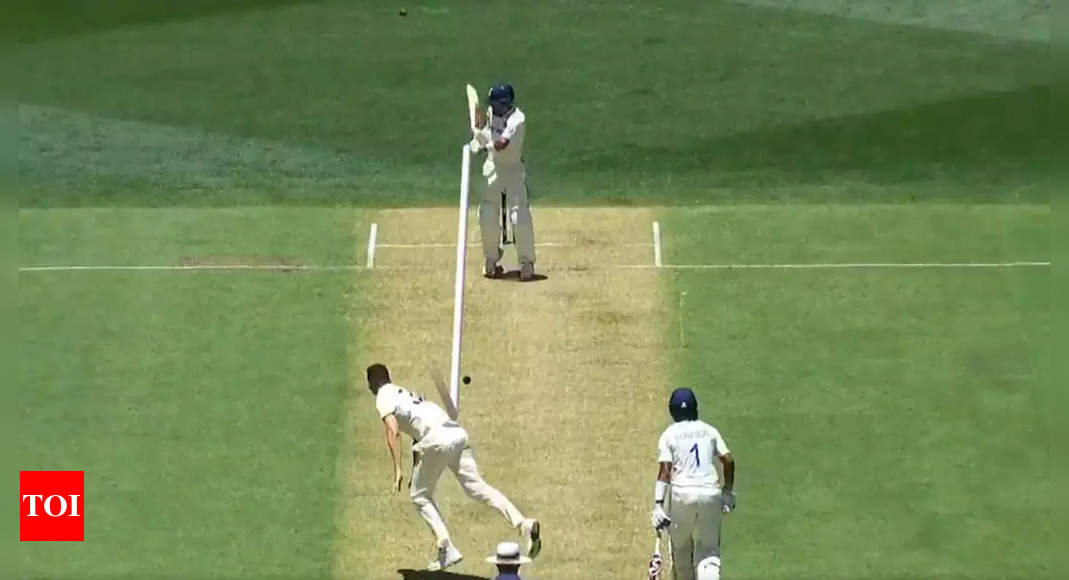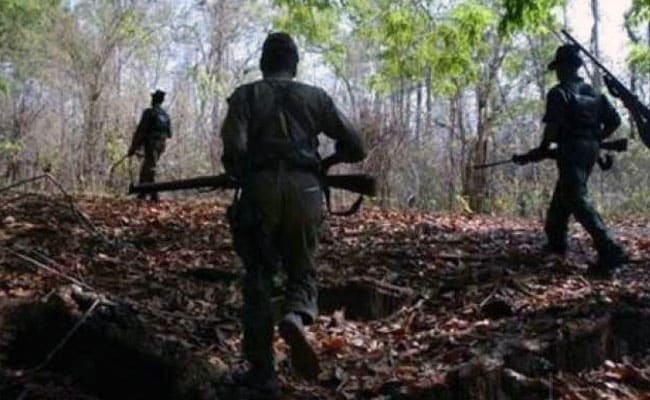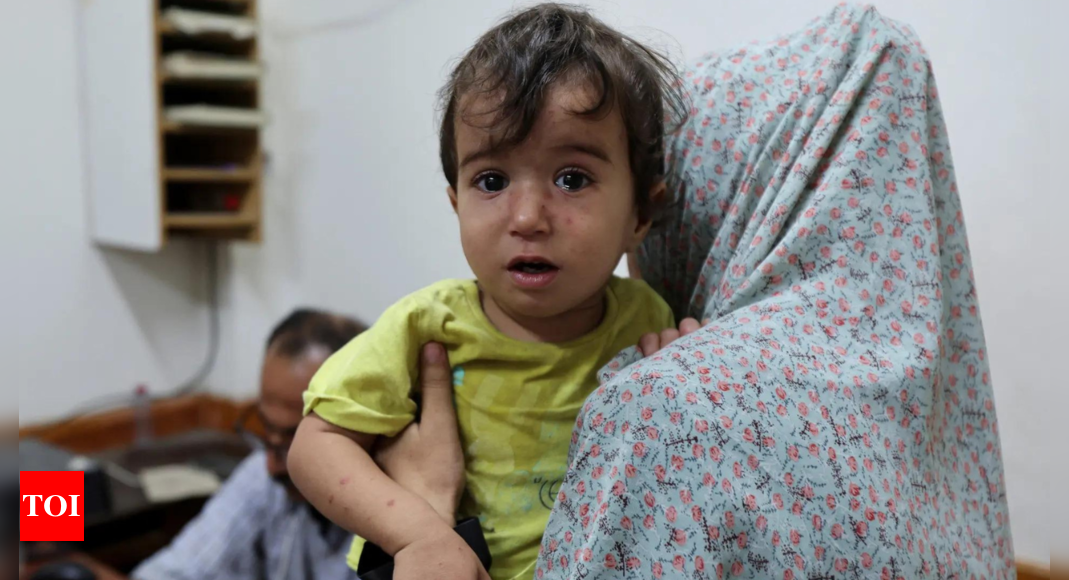
The Gaza Strip is facing a rapidly increasing threat of polio, prompting aid organizations to urgently call for a pause in the ongoing war to enable them to intensify vaccination efforts and prevent a full-scale outbreak. One confirmed case has been reported, with several others suspected, and the virus was detected in wastewater at six different locations in July.
Despite being eradicated in Gaza 25 years ago, polio vaccinations have significantly decreased since the war began 10 months ago, turning the territory into a breeding ground for the virus, according to aid groups.The situation is exacerbated by the hundreds of thousands of displaced Palestinians living in tent camps that lack clean water and proper sewage and garbage disposal.
Aid organizations are preparing to vaccinate over 600,000 children in the coming weeks. However, they emphasize that these ambitious vaccination plans are impossible to execute without a pause in the fighting between Israel and Hamas.
The World Health Organization (WHO) and UNICEF, the United Nations children’s agency, issued a joint statement on Friday, stating that a minimum of a seven-day pause is necessary to implement a mass vaccination plan. The UN aims to bring 1.6 million doses of polio vaccine into Gaza, where sanitation and water systems have been destroyed, leaving open pits of human waste in crowded tent camps.
Families living in these camps have limited access to clean water and soap, making it difficult to maintain proper hygiene.
Polio, a highly contagious disease that primarily spreads through contact with contaminated feces, water, or food, can cause difficulty breathing and irreversible paralysis, usually in the legs. It primarily affects young children and can sometimes be fatal. Mercy Corps estimates that approximately 50,000 babies born since the war began have not been immunized against polio.
Health workers in Gaza are preparing for a mass vaccination campaign set to begin at the end of August and continue into September, with the goal of immunizing 640,000 children under the age of 10 over two rounds of vaccinations, according to WHO. The Israeli military body responsible for Palestinian civilian affairs, COGAT, has stated that it is “preparing to support a comprehensive vaccination campaign” and is working with various organizations to bring more vaccines into Gaza.
Hamas has expressed its support for a seven-day truce to facilitate the vaccinations, with cease-fire talks set to resume in Cairo next week.
The alarm over polio was first raised in July when the WHO announced that sewage samples collected from six locations in Gaza tested positive for a variant of the virus used in vaccines. This weakened form of the virus can mutate into a stronger version and cause an outbreak in areas with inadequate immunization, according to WHO.
The challenges in Gaza, where polio hasn’t been seen in a quarter-century, include raising awareness among health workers to recognize symptoms, as the territory’s health care system has been devastated by the war, and workers are overwhelmed treating the wounded and patients with various ailments. Before the war, 99% of Gaza’s population was vaccinated against polio, but that figure has now dropped to 86%, according to WHO. The goal is to restore polio immunization levels in Gaza to above 95%.
Despite being eradicated in Gaza 25 years ago, polio vaccinations have significantly decreased since the war began 10 months ago, turning the territory into a breeding ground for the virus, according to aid groups.The situation is exacerbated by the hundreds of thousands of displaced Palestinians living in tent camps that lack clean water and proper sewage and garbage disposal.
Aid organizations are preparing to vaccinate over 600,000 children in the coming weeks. However, they emphasize that these ambitious vaccination plans are impossible to execute without a pause in the fighting between Israel and Hamas.
The World Health Organization (WHO) and UNICEF, the United Nations children’s agency, issued a joint statement on Friday, stating that a minimum of a seven-day pause is necessary to implement a mass vaccination plan. The UN aims to bring 1.6 million doses of polio vaccine into Gaza, where sanitation and water systems have been destroyed, leaving open pits of human waste in crowded tent camps.
Families living in these camps have limited access to clean water and soap, making it difficult to maintain proper hygiene.
Polio, a highly contagious disease that primarily spreads through contact with contaminated feces, water, or food, can cause difficulty breathing and irreversible paralysis, usually in the legs. It primarily affects young children and can sometimes be fatal. Mercy Corps estimates that approximately 50,000 babies born since the war began have not been immunized against polio.
Health workers in Gaza are preparing for a mass vaccination campaign set to begin at the end of August and continue into September, with the goal of immunizing 640,000 children under the age of 10 over two rounds of vaccinations, according to WHO. The Israeli military body responsible for Palestinian civilian affairs, COGAT, has stated that it is “preparing to support a comprehensive vaccination campaign” and is working with various organizations to bring more vaccines into Gaza.
Hamas has expressed its support for a seven-day truce to facilitate the vaccinations, with cease-fire talks set to resume in Cairo next week.
The alarm over polio was first raised in July when the WHO announced that sewage samples collected from six locations in Gaza tested positive for a variant of the virus used in vaccines. This weakened form of the virus can mutate into a stronger version and cause an outbreak in areas with inadequate immunization, according to WHO.
The challenges in Gaza, where polio hasn’t been seen in a quarter-century, include raising awareness among health workers to recognize symptoms, as the territory’s health care system has been devastated by the war, and workers are overwhelmed treating the wounded and patients with various ailments. Before the war, 99% of Gaza’s population was vaccinated against polio, but that figure has now dropped to 86%, according to WHO. The goal is to restore polio immunization levels in Gaza to above 95%.




